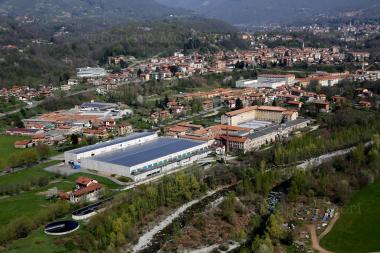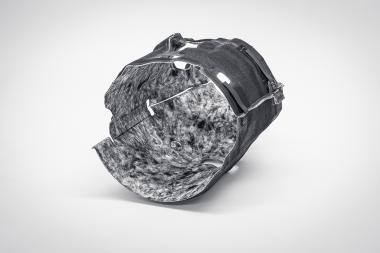Milliken expands Yarn Production capabilities
- Milliken purchases spinning plant from Gildan to strengthen internal yarn production
Milliken & Company, a diversified global manufacturer innovating in the textile, chemical, floor covering and healthcare industries, recently acquired one of the Frontier yarn plants in Mayodan, North Carolina, from Gildan. This plant acquisition expands Milliken’s open-end yarn production for its protective fabrics, workwear, government and defense, industrial, and napery textile business units.
The Frontier Spinning Plant #3, which will be renamed the Two Rivers Plant as a nod to its dedicated team and the community it serves, will become a spinning hub for Milliken. Multiple Milliken textile plants throughout the Southeast will source their yarn needs from the Two Rivers Plant.
“Adding this plant to the Milliken manufacturing footprint helps us meet current production needs and offers additional capacity for future growth,” says Kevin Brown, senior vice president of global operations for Milliken’s Textile Business. “The expansion helps us create a resilient supply chain that offers consistency and surety for both our product lines and customers.”
Milliken































